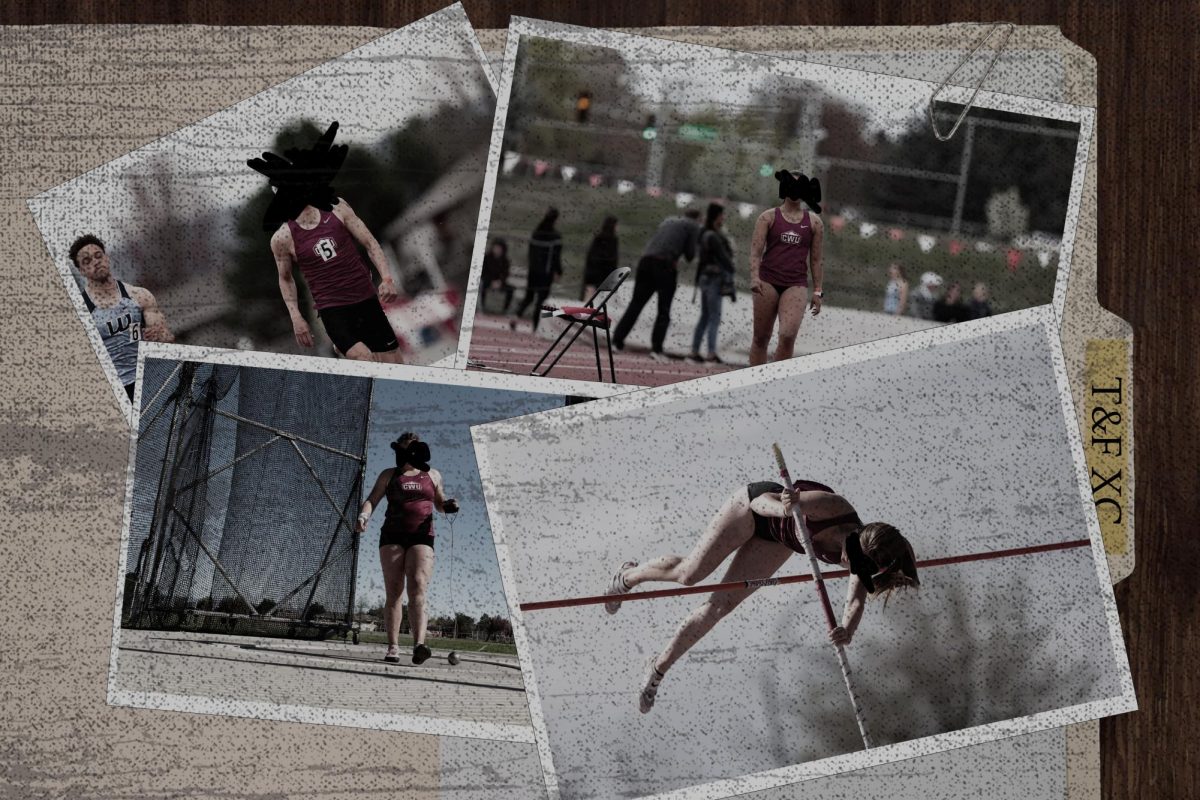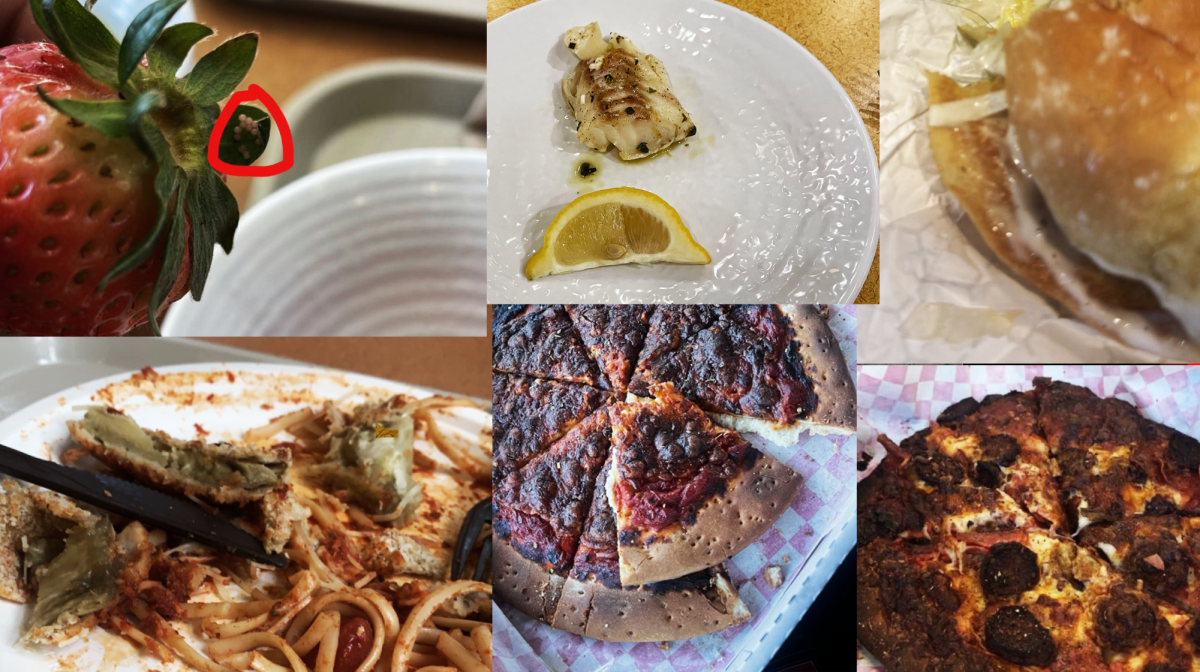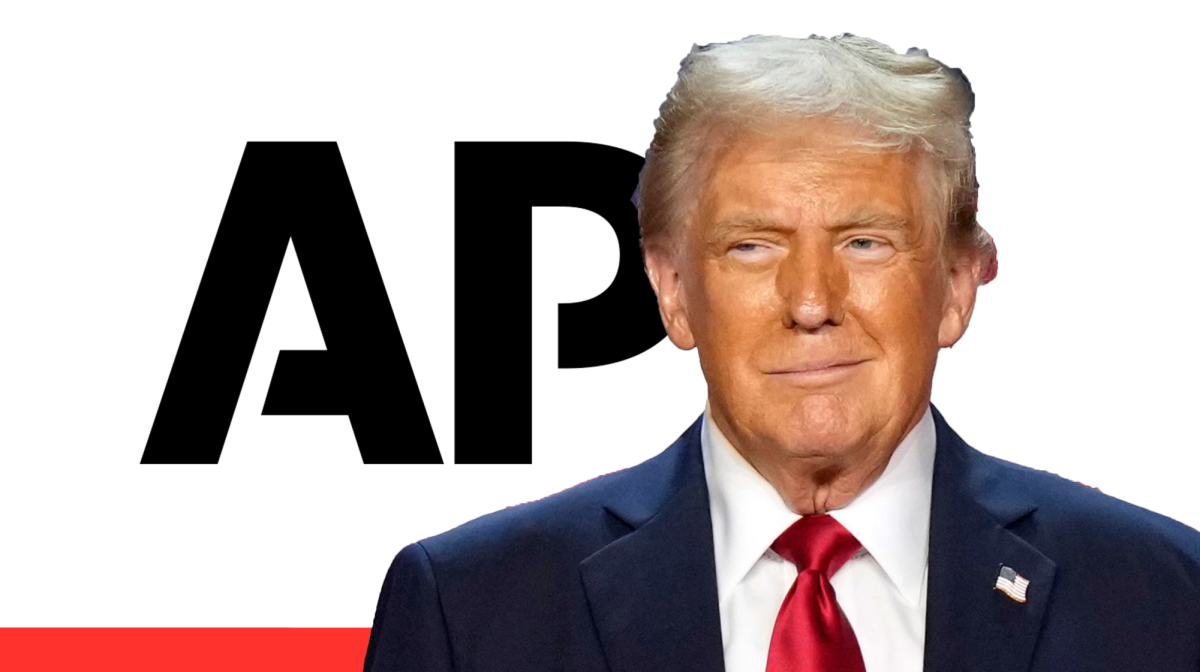BY Kristi Young
Staff Reporter
Tomorrow, a historic figure who helped shape freedom of speech rights, will speak at Central Washington University.
In 1965, a teenage Mary Beth Tinker made a stand for her First Amendment right to free speech by wearing a simple black armband. She was 13 years old.
Tinker, her older brother, and a group of students came together in silent protest of the Vietnam War by wearing black armbands on their arms. According to Tinker, the images shown about the war going on in Vietnam were terrible: children running from burning huts and fallen soldiers. Boys from Tinker’s neighborhood were being drafted to join the war effort.
“We thought we were doing a small thing,” Tinker said. “We were upset about the war.”
Tinker described her young self as shy and nervous, but she decided to join in the student protest despite her shy nature. Shortly after the protest began, the school principals made a rule against students wearing the arm bands.
“I was called to the office and told to take of the armband. I took off the armband and then I got suspended anyway,” Tinker said.
Her brother, John Tinker, and six other children were also suspended. The students tried to change the minds of the school district, but failed. After they attempted to appeal the decision, and lost at the appeals level, an American Civil Liberty Union lawyer named Dan Johnson took up their cause.
In 1969, the case ended up in the Supreme Court where a 7-2 decision called the school’s action unconstitutional. Tinker’s victory paved the way for student rights in an educational institution. Today, Tinker is happy to have made a difference for students.
“If there’s something about this case that inspires kids to stand up for something they care about, then that makes me happy. It’s important for kids to know that the first amendment is for them to,” Tinker said. “To keep them alive, we have to use them. We have to use our rights to keep our rights.”
Tinker, a pediatric nurse, left her hospital last September to embark on the Tinker Tour, a tour that emphasizes action through the rights given by the constitution, especially the First Amendment. Tinker is particularly interested in students using their voices to make changes in their communities and in their schools.
“So often students are cut out of making decisions in their schools and communities,” Tinker said. “Young people all through history have taken our democracy forward, and our world forward, and made a difference.”







